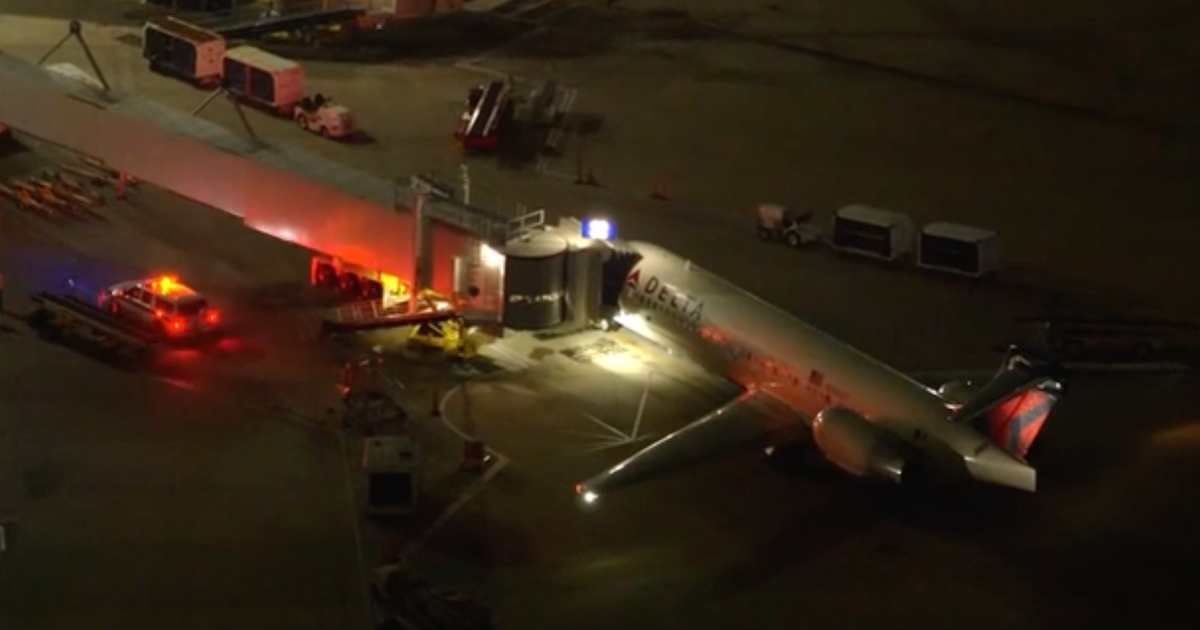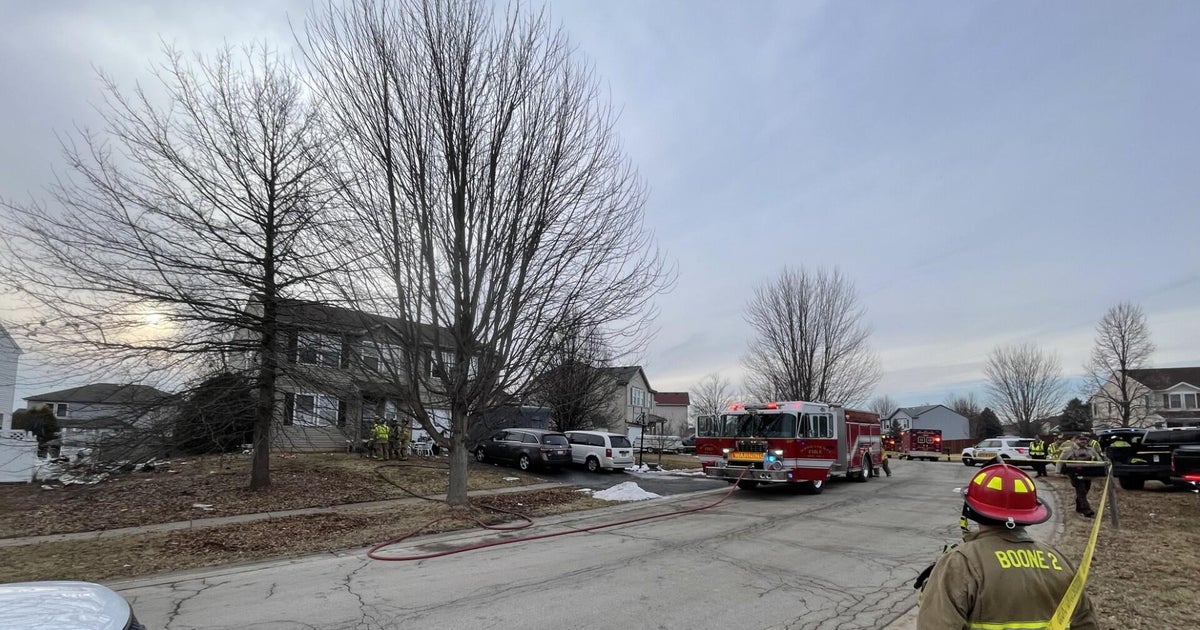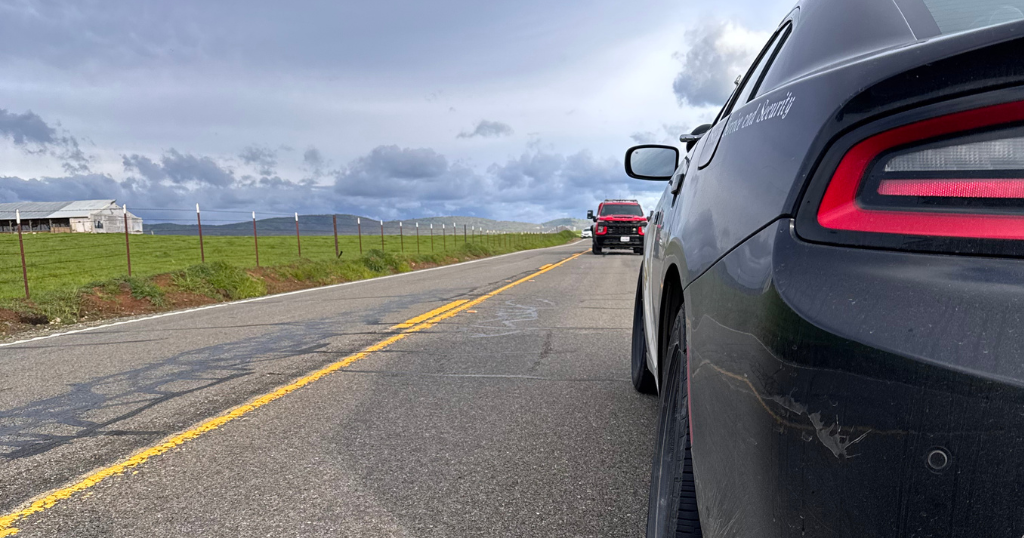NTSB: Capt Took Command Before Southwest Landing Accident In NY
NEW YORK (AP) - The captain of a Southwest Airlines plane that landed on a collapsing nose gear at LaGuardia Airport took control from the first officer just 400 feet from the ground, the National Transportation Safety Board said Tuesday.
It's unusual for a co-pilot or captain to take over a plane that's landing when it's so close to the tarmac unless there are "profound" safety issues, a private aviation expert said.
Sixteen people were injured in the July 22 hard landing, which the NTSB is still investigating.
The federal agency, which investigates every U.S. civil aviation accident and significant accidents involving other types of transportation, on Tuesday issued an update report that offers a glimpse into what happened in the cockpit of the Boeing 737 minutes before its nose hit the tarmac and the landing gear collapsed, sending it skidding before it came to a halt in a grassy area.
"At this point in the investigation, no mechanical anomalies or malfunctions have been found," the NTSB said. "A preliminary examination of the nose gear indicated that it failed due to stress overload."
The NTSB said that as the plane approached LaGuardia the captain had been monitoring the landing and suddenly took over from the first officer. NTSB officials said the latest information was only "a factual update" and they could not answer further questions as the probe continues.
Private aviation consultant Peter Goelz, a former NTSB managing director, said it's clear the NTSB is focusing on the first officer's performance. He said it's unusual for a captain to take over the command of a landing aircraft in the final moments "unless he is asked to by the co-pilot -- or unless the captain perceives there is a problem and that he must intervene because of profound safety concerns."
Air Line Pilots Association accident investigator John Cox, a former U.S. Airways pilot, agreed it's rare to have a change in the flying pilot at 400 feet, occurring perhaps "a few times" in a pilot's career. But Cox, president of Safety Operating Systems, a Washington-based aviation consulting firm, said the reason doesn't necessarily rest with the co-pilot or, in this case, the first officer, who Cox said is clearly experienced.
The NTSB said the captain has been at Dallas-based Southwest Airlines Inc. for more than a dozen years, with more than 12,000 total flight hours including 8,000 on Boeing 737s.
The first officer has been with the airline for about a year and a half, flying 5,200 hours including 4,000 as pilot-in-command. He's logged about 1,100 hours in 737s, none of them as pilot-in-command.
The first officer had "previous operational experience" at LaGuardia, including six flights this year, the NTSB said. And the captain reported having flown into LaGuardia twice, including the accident flight, serving as the pilot monitoring for both flights.
Flight 345 from Nashville, Tenn., with 150 people aboard, was the pair's first trip together.
In a statement issued just after the accident, Southwest said the aircraft's nose gear had collapsed upon landing. It said last month that a nose-pointed-down landing described by investigators violated its normal procedures.
One passenger, Jacqueline Young of South Carolina, is suing Southwest, saying she suffered permanent injuries from the accident.
Southwest spokesman Brad Hawkins said the airline is working with the NTSB in its investigation and "can verify the information the NTSB has provided is accurate.
(© Copyright 2013 The Associated Press. All Rights Reserved. This material may not be published, broadcast, rewritten or redistributed.)
Latest News:
Top Trending:







